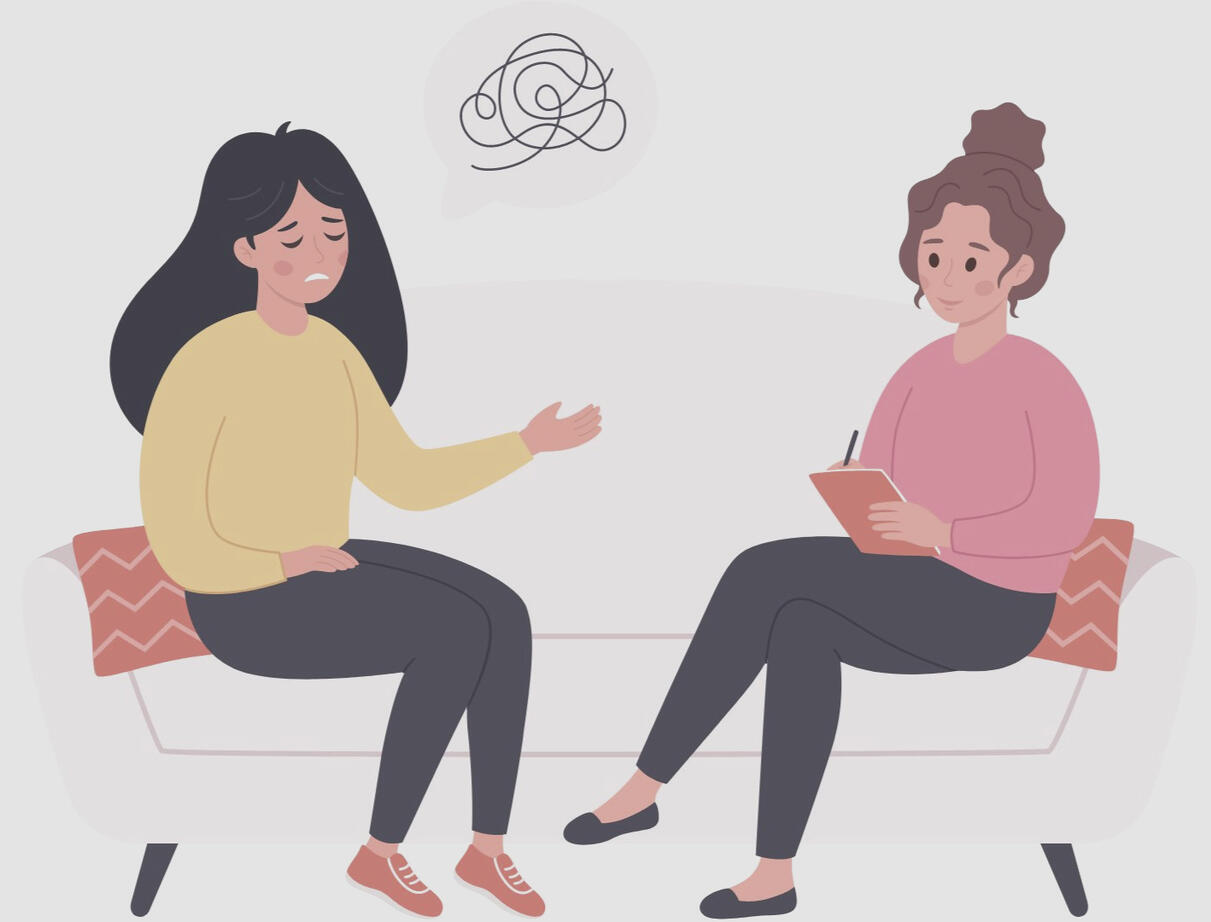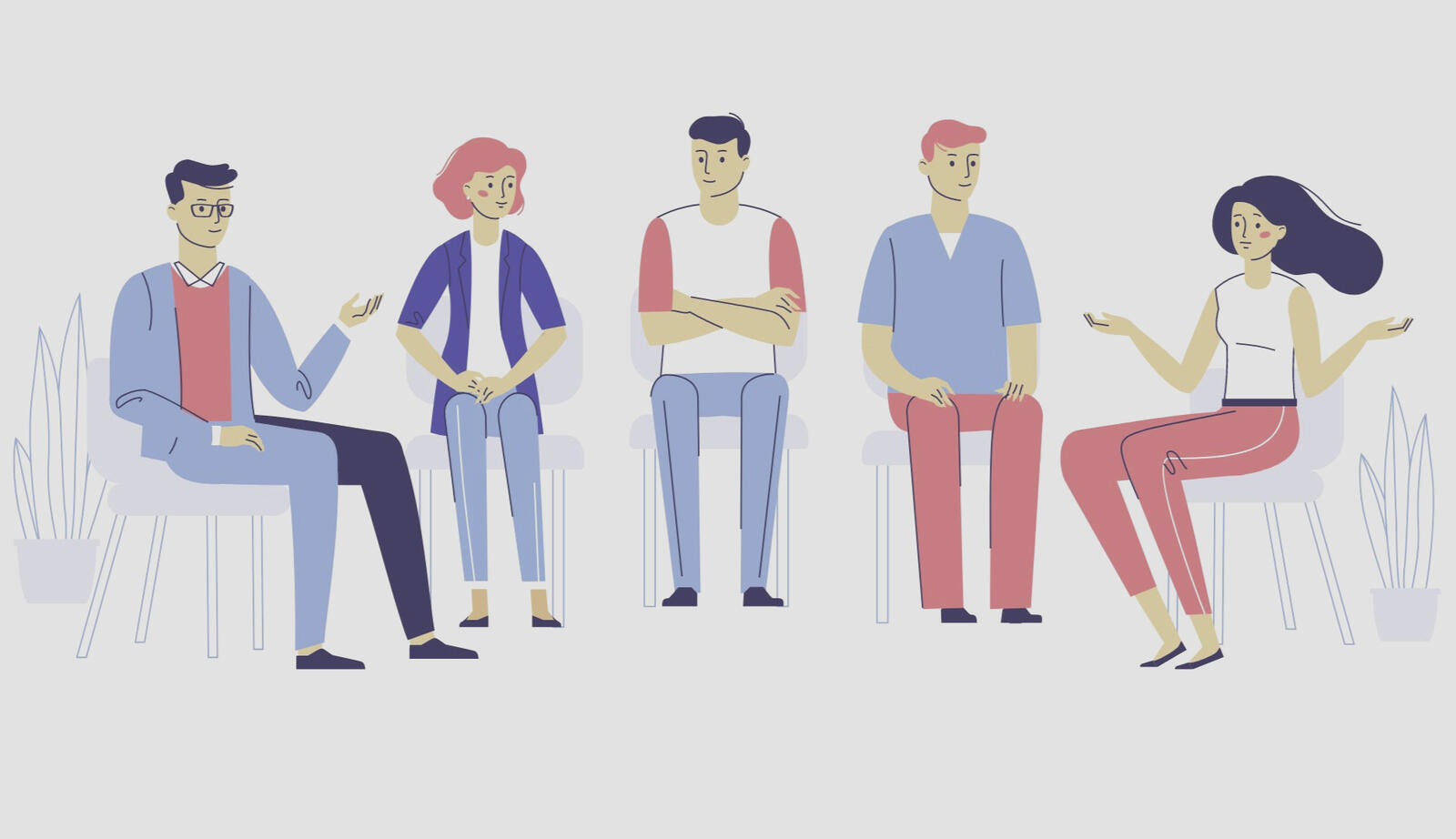SOUL DIGITAL SERVICES
Welcome to this psychology services website! Here, I offer a range of specialized psychological services in various areas, including stress and anxiety management, relationship issues, and mental health problems. My goal is to help individuals and families lead happier and more fulfilling lives, and I hope to assist you on your journey towards wellness.

HOW TO LEARN TO MANAGE ANXIETY
Stress and anxiety is individual and particular for each one of the people. It is important to know the factors that stress you so that you learn to manage them.
Therapy is a valuable tool for managing anxiety and improving overall well-being.
Tricks to say goodbye to anxiety
Anxiety can be a debilitating condition that affects many people at some point in their lives. While it can be challenging to manage, there are several simple tricks that can help you cope with the symptoms and reduce their impact on your daily life. Here are five to consider:
Practice deep breathing exercises: Breathing slowly and deeply can help calm your body and mind, reducing anxiety in the moment.
Exercise Regularly: Regular physical activity releases endorphins, the body's natural mood-boosting chemicals that can help reduce anxiety over time.
Stay Organized: Being organized and having a clear schedule can reduce stress and anxiety by helping you feel more in control of your life.
Connect with others: Spending time with friends and family, or a therapist, and seeking support when you need it, can help reduce feelings of isolation and stress, which can contribute to anxiety.
Try relaxation techniques: Techniques like meditation, yoga, or tai chi can help reduce stress and anxiety by allowing you to focus on the present moment and let go of negative thoughts.
Remember, each person's experience with anxiety is unique and what works for one person may not work for another. If you are having difficulty managing your anxiety, it may be helpful to speak with a mental health professional who can offer guidance and support.




If you are experiencing symptoms of depression, it is important to reach out for HELP
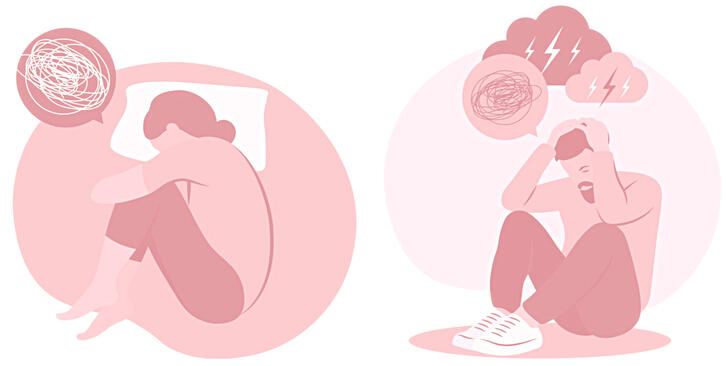
Depression is a common mental health condition that affects millions of people worldwide. It is characterized by persistent feelings of sadness, hopelessness, and a lack of motivation. Depression can impact every aspect of a person's life, from their relationships to their career, making it difficult to function and enjoy daily activities.
Despite its prevalence, depression is often stigmatized and misunderstood, leading many people to avoid seeking help.
Therapy is a proven and effective treatment for depression. Psychotherapy, also known as talk therapy, can help individuals understand the root causes of their depression and develop coping strategies to manage their symptoms.
Additionally, therapy can provide a safe and supportive environment where individuals can work through their emotions and feelings. By talking openly and honestly with a therapist, individuals can gain a better understanding of themselves and their experiences, leading to greater self-awareness and emotional growth.
While the thought of starting therapy may be overwhelming, the benefits of seeking help far outweigh the challenges. Individuals who receive therapy for depression often report improvements in their mood, relationships, and overall well-being.
Therapy can provide a path to recovery and a more fulfilling life. Don't let fear or shame keep you from taking the first step towards a brighter future.
Taking the First Steps to Schedule a Psychology Appointment
Making the decision to seek professional help for mental health concerns can be a difficult but important step towards self-improvement. If you're interested in scheduling an appointment with a psychologist, here are the first steps to take:
Research different psychologists in your area: Look for licensed psychologists who specialize in the areas of your concern and check their credentials, experience, and availability. On this page you will find the quick way to make an appointment with a professional who has 10 years of experience working with families, carrying out family mediation, couples therapy, re-establishing educational guidelines, in addition to many years of experience in consultations. private working with patients to reduce anxiety levels.
Schedule an initial consultation: This is a great opportunity to ask questions, discuss their approach to therapy, and see if you feel comfortable with them.
Prepare for your appointment: Write down any questions or concerns you have, as well as any symptoms or challenges you've been experiencing. This information can help the psychologist gain a better understanding of your situation.
Attend your appointment: Arrive at your appointment on time and be open and honest about your experiences and goals for therapy.
Remember, seeking help from a psychologist is a courageous and proactive step towards improving your mental health. Don't be afraid to reach out for support and start your journey towards a happier and healthier life.

Let anxiety get bored and go away!
Techniques for Stress and Anxiety Management
Group workshops and individual sessions
Do you want to put an end to stress and anxiety?
"Dear visitor, whether you are looking for support in overcoming a personal challenge or just looking for guidance, I am here to help you! Feel free to send me your questions or contact me by email. I am dedicated to providing compassionate and professional support for your mental well-being and emotional. Let's work together to achieve a happier and healthier life."
© 2023 SOUL DIGITAL SERVICES LLC - All rights reserved.
1032 E BRANDON BLVD #7001 Brandon FL 33511
Tel: U.S. +1 (505) 456 5396
Thank you
We will contact you
Thank you
We will contact you
Coming soon !
"How does online therapy work? 13 reasons to see an online psychologist."

"Are you considering receiving online psychological therapy? Online therapy offers many advantages over traditional appointments. Discover if this method is useful for you."
What is online therapy?
Online therapy is a new way of seeking mental health assistance, but with the comfort and flexibility of a virtual session. Furthermore, this type of therapy allows us to feel more open to expressing our thoughts as we are in our own home. In other words, it has all the advantages of seeing a psychologist plus the added benefit of being able to enjoy therapy anywhere.Our online psychological help is always performed by highly qualified professionals with a broad professional track record. Each online therapy will differ from one professional to another, as each one will offer their therapy through their own methodology and strategies. Nevertheless, all online therapy services are focused on the same goal: helping patients be their best version.How can psychologists help you online?
A virtual psychologist can help you address many aspects of your mental health. Primarily, online therapies usually focus on the following issues:
Anxiety: Anxiety has become one of the most widespread mental health disorders today. The reason for this is that we feel threatened or worried more than we should, which leads to a constant state of anxiety. As a result, many people are turning to online therapy to end this disorder.
Stress: Just like with anxiety, stress is also one of the most common reasons why someone seeks online psychological help. Stress affects us much more than we imagine. A person with too much stress can not only end up suffering from a disorder such as depression or anxiety, but it is likely that they will develop physical diseases as a result.
Low self-esteem: Having good self-esteem allows us to be the best version of ourselves. Unfortunately, many people don't see themselves the way they should. In fact, self-esteem problems are not only related to success in the workplace and relationships, but also to the development of other mental health problems such as social anxiety, depression, or jealousy.
Grief: Losing a person is a very painful process that we will all have to go through at some point in our lives. In many cases, this pain persists despite the time, almost with the same strength. When this happens or when grief starts to hinder our life, it is necessary to go to online or in-person therapy.
Depression or sadness: The most affecting mental disorder today is depression. This disorder affects our mood, making all aspects of our daily life difficult. Relationships, work, and even any small action become a challenge for people who are under the effects of a depressive disorder. In these cases, an online psychotherapist can be the best solution because it provides a 'safe' environment for the patient with depression, helping them overcome these challenges gradually.
Jealousy: Jealousy can affect us at any time when our self-esteem or mood is not quite right. In the face of a jealousy attack or any behavior that comes from this distrust, it is important to consider what the root problem is. If they are not treated in time, either with online psychological help or in-person, jealousy can end a relationship.
Communication problems in couples: Communication is one of the essential elements for any relationship. Despite this, many couples suffer from not knowing how to say things properly. In these cases, trust can be affected, a point that can be very harmful in a love relationship.
Separation and divorce processes: Any separation or divorce is very hard for both parties, especially if there are children involved. Online psychological therapy can be a good option for the conflicts that this process can generate within the family.
Difficulties with children: Children and teenagers can also suffer from mental disorders or experience problems that require a mental health professional. In the face of the difficulties that can arise at these ages, a virtual psychologist can be much more accessible because their consultations are carried out at home.
Sexual desire disorders: Sexuality is another aspect that can be affected when we are facing a mental health problem. Online therapies along with psychologists specialized in sexology can offer greater comfort on a taboo topic such as sex.
Anorexia, bulimia and eating disorders: People who suffer from an eating disorder often deny both the diagnosis and many of the problems that exist due to the lack of nutrients. When this happens, online psychological therapy can be a good treatment option due to its convenience.
Addictions: Overcoming an addiction is a real challenge. People addicted to a harmful substance like alcohol or drugs can feel very tired due to everything involved in the withdrawal syndrome. An online psychological consultation offers many advantages for this type of problem.
Sleep disorders: More and more people are affected by sleep disorders. Experiencing a problem that affects our rest can harm both our energy and mood, which is an added difficulty. Online psychotherapy can be a highly recommended option for these symptoms of sleep disorders.
Why turn to online therapy?
There are some valid reasons why it is more advisable to go to online therapies. If you identify with any of them, it may be the best method for you.
You experience unexpected mood changes: Mood changes, as well as the presence of increasingly negative thoughts in our mind, can be a sign of a mental health problem.
You find it hard to have fun or be motivated: The loss of motivation or the ability to enjoy moments can be a sign that something serious is happening. In fact, if you are moving away from everything you used to enjoy, it's a good idea to get the help of an online therapist.
You feel isolated or alone: Many people dealing with a mental health problem feel a sense of loneliness due to their bad experiences. In these cases, online psychologists can be a great help when there are difficulties in having enough motivation to even leave the house.
You turn to a drink or substance to cope with your problems: If you find yourself resorting to drugs or alcohol as a method to deal with what's happening in your life, this could be a good time to seek an online therapy session.
You feel you've lost control: This particular feeling can arise when people are dealing with a mental health problem due to a vicious cycle that can cause.
Your relationships are becoming tense: Relationships, regardless of type, require work from both parties. When problems arise in communication and other aspects, an online or in-person therapist can help you understand why these feelings are occurring and how to solve them.
You don't sleep well: Most psychological disorders end up affecting our sleep. If you notice that when you wake up you are always tired, you may need the online psychological help of a mental health professional.
You feel you need to talk to someone: There is nothing wrong with seeking the help of a mental health professional for any problem. If you think you need to talk to a psychologist, do it.
Does online psychological therapy work?
There are different studies that show the effectiveness of therapy through the internet and over the phone in patients with different problems. In all these cases, the improvement is produced not only by the therapeutic work but also due to the ease of following up and contacting the online therapists through videoconferencing, email, chat or phone. It has been shown that the patient feels, when carrying out this type of therapy, that the professional provides adequate follow-up and attention, even if communication means that are not considered in face-to-face therapy are used. Because of this, online therapy or psychotherapy is proving to be a good alternative to traditional therapy.
One of the most frequent doubts when going to therapy is how to differentiate a good psychologist from one who is not. Learn how to do it here.
Basic keys for choosing a (good) psychologist.
The Importance of Therapy and Finding a Good PsychologistTherapy is a valuable tool for improving mental health and wellbeing. It provides a safe and supportive space for individuals to explore their thoughts and feelings, and to work through difficult emotions and experiences. Whether you are dealing with a specific issue or simply looking to grow and better understand yourself, therapy can be a life-changing experience.However, finding the right therapist can be a challenge. It's important to find someone you trust and feel comfortable with, as this will allow you to fully engage in the therapeutic process. Here are some tips for finding a good psychologist:
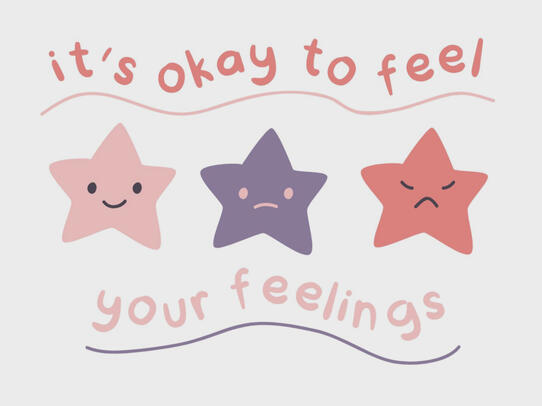
Ask for recommendations. Reach out to friends, family members, or healthcare providers for suggestions.
Check credentials. Make sure the therapist you are considering is licensed and qualified to practice in your state.
Consider your needs. What kind of therapy are you looking for? What specific issues do you want to address? Make sure the therapist you choose specializes in these areas.
Look for someone you connect with. Your therapist should be a good fit for your personality and communication style.
Take your time. Finding the right therapist can take time and effort, but it is worth it in the long run.
By taking the time to find a good psychologist, you can gain access to the support and guidance you need to achieve your goals and live a happier, more fulfilling life. So don't hesitate to seek out the help you need and start your journey to a better tomorrow.
Choosing a good psychologist is a crucial decision when it comes to mental health and well-being. Here are some key factors to consider when making this choice:
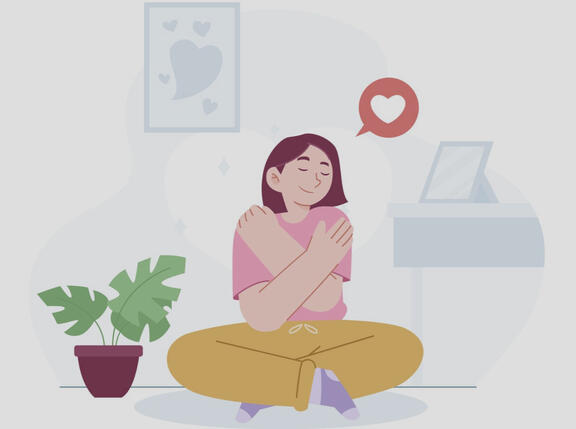
Qualifications and experience: Ensure that the psychologist you choose is properly qualified and has experience in the area you need help with. You can check their credentials by verifying their license and professional affiliations.
Personal connection: It's important to feel comfortable and connected with your psychologist. Schedule a consultation to see if you feel like you can trust and open up to them.
Approach: Different psychologists have different approaches to therapy. Some may use cognitive-behavioral therapy (CBT) while others may prefer a more humanistic approach. Choose a psychologist whose approach aligns with your own values and goals for therapy.
Cost: Consider the cost of therapy, and make sure that it fits within your budget. Don't be afraid to ask about their fees and if they accept insurance.
Availability: Look for a psychologist who has convenient hours and who you can see on a regular basis. It's important to have continuity in your therapy sessions.
References: Ask friends, family members, or colleagues for recommendations. Read online reviews and check for testimonials from previous clients.
By taking these factors into account, you can make an informed decision and choose a psychologist who is right for you. Your mental health is important, and choosing the right psychologist can make a big difference in your journey towards recovery.
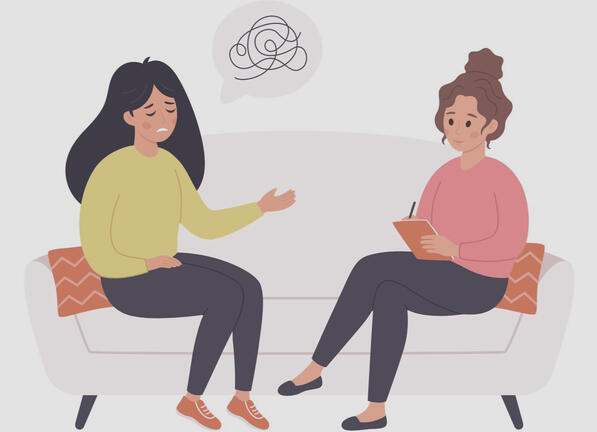
What is NOT a psychological treatment
We frequently find ourselves in consultation with people who have gone to other professionals. When we ask them what they did in the sessions, they told us that they spent the time talking about what was happening to them and so on until they got tired of going.Psychological treatments do not simply consist of talking about what is happening to one. It consists of the psychologist explaining how unpleasant emotions, thoughts and behaviors arise and how to deal with them and develop a series of techniques for it.An important fact: most people feel better during the first few sessions simply by talking about their problem. You shouldn't mistake that initial relief for effectiveness, as it will soon wear off. What's more, going to a consultation does not always mean leaving relieved. Sometimes you have to face hard problems to overcome them.If you have doubts about the process, always ask the psychologist why he does what he does. Everything that a professional does in consultation must be justified by scientific evidence.
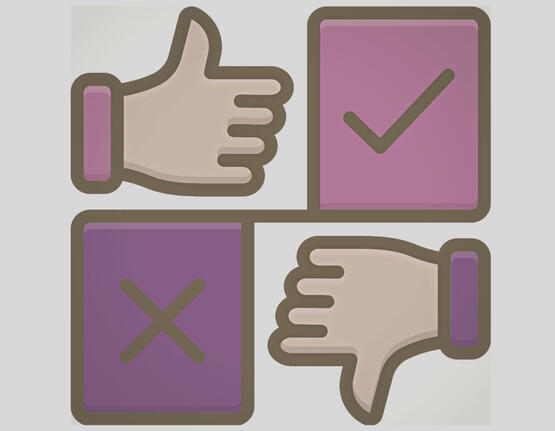
Therapeutic
Groups
Group therapy is a form of psychotherapy that involves a small group of people working together to address their psychological problems. It is a supportive and therapeutic environment where individuals can share their experiences, thoughts, and feelings with others who are facing similar challenges. Group therapy provides a space where individuals can work through their issues and develop coping skills, as well as provide an opportunity for social interaction and relationship building.
There are several benefits of group therapy. For example, individuals can receive support from others who have had similar experiences, learn from the perspectives of others, and gain new insights into their own problems. Group therapy also allows individuals to practice new behaviors and communication skills in a safe and supportive environment. Additionally, group therapy can be more cost-effective than individual therapy, as the cost is divided among the members of the group.
Group therapy is used to treat a variety of psychological problems, including depression, anxiety, eating disorders, substance abuse, and relationship problems. It can also be beneficial for individuals who are dealing with trauma or loss, as they can find comfort and support from others who are facing similar challenges.
While group therapy can be very effective, it is important to note that it is not right for everyone. Some individuals may feel uncomfortable sharing personal information in a group setting, or may not feel comfortable working with others to address their problems. It is important to discuss your needs and goals with a therapist to determine if group therapy is a good fit for you.
In conclusion, group therapy is a valuable form of psychotherapy that can provide support, therapeutic benefits, and cost-effectiveness for individuals facing a variety of psychological problems. It is important to find a qualified therapist and a group that is a good fit for your needs and goals.
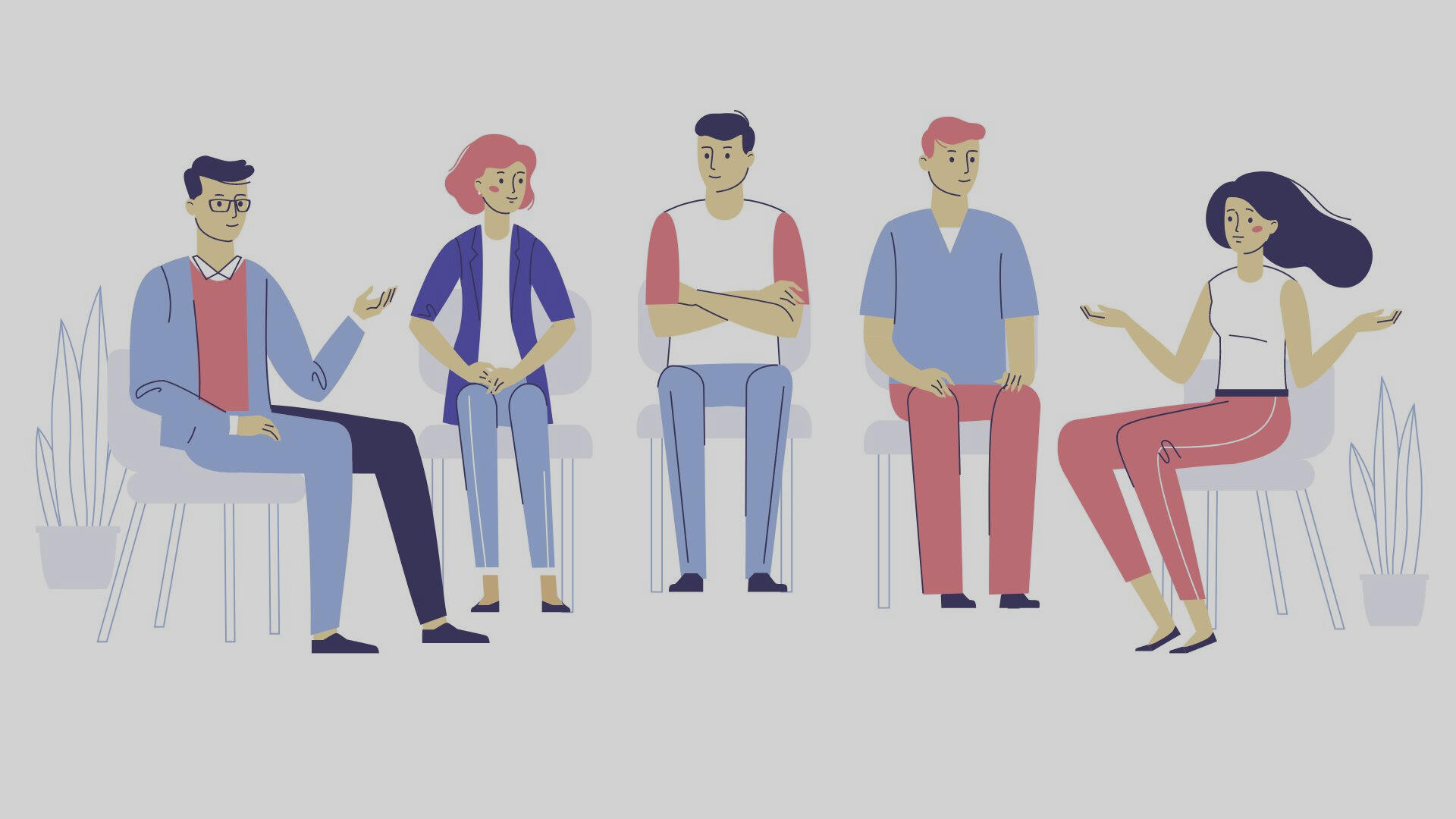
The Power of Psychological Progress:
Understanding the Benefits of Psychotherapy

When it comes to mental health, many individuals often feel overwhelmed and helpless. But it's important to remember that there's a solution and a path to recovery. Psychotherapy, or talk therapy, is a powerful tool in helping individuals work through their emotions, behaviors, and thought patterns.

The process of psychotherapy involves developing a trusting relationship with a licensed mental health professional, who will guide you through exploring and understanding your experiences. Through this exploration, individuals can gain new perspectives and insights into their problems and develop new coping strategies.

Research has shown that psychotherapy can be effective in treating a wide range of mental health disorders, such as anxiety, depression, and post-traumatic stress disorder (PTSD). The progress made in therapy can lead to long-lasting positive changes in an individual's life, including improved relationships, increased self-esteem, and a greater sense of personal fulfillment.

But the benefits of psychotherapy go beyond just treating mental health conditions. It can also help individuals who want to grow and develop as a person, by providing a safe and supportive space for self-reflection and self-discovery. By working through their emotions and experiences, individuals can learn how to better handle stress and lead a more fulfilling life.

In conclusion, psychotherapy is a valuable resource for anyone looking to make positive changes in their life. Whether you're struggling with mental health issues or simply looking to grow and develop as a person, the process of psychotherapy can provide you with the tools and insights you need to achieve your goals.

